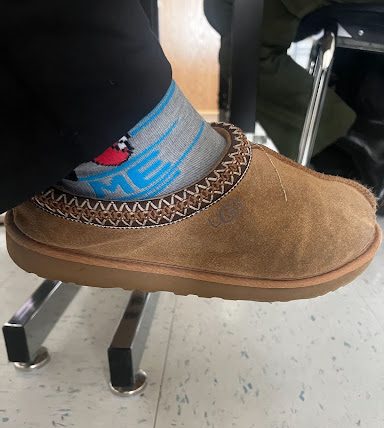Our generation is the first to be truly integrated into the digital age.
While we are still far away from grasping our own mortality, there is a question that will soon be asked: what will happen to our online activities if we are gone?
If you have an email account, a blog, a social network profile, or if you have Googled anything in the past 18 months, you’re leaving behind a trail of your thoughts, some of them personal, which could live on the web forever.
This means every email sent, every web site visited, and every authorized download or post would be available to your family after you die.
After US marine Justin Ellsworth was killed in Iraq in 2004, his father requested the password to his email account, but Yahoo refused to release it.
Naturally he was upset, so Ellsworth’s father took the company to court, where a judge ordered Yahoo to provide access to the account.
Digital legacy is such a new idea that the few businesses who have a policy on it often differ in terms and conditions.
Both Gmail and Hotmail will hand over your password to a relative if provided with a death certificate and proof of relationship to the deceased, whereas Yahoo will not give up your password unless compelled to by a court.
Facebook will memorialize a deceased person’s page, leaving everything up but not allowing for any changes or new comments. MySpace, on the other hand, has no specific policy.
As the digital era overtakes this generation, the laws have been slow to keep up.
Some law firms are advising their clients to leave instructions in their will for what will happen to their online accounts.
In the future, the interest of protecting private online activities may create digital sanitizers, which are companies employed to scour the web and eradicate the more sensitive parts of the deceased’s online activities.
But until then, each of us has an entirely separate self which is growing more detailed day after day.
Facebook was engulfed in privacy complaints earlier this year for allowing posts to show their actual location of origin in certain cases.
Google stores everything searched by its users for at least 18 months, and even stores the voices of anyone who uses the talking app on their android phone.
So you may be dead, but the digital version of you is very much alive and talking.






